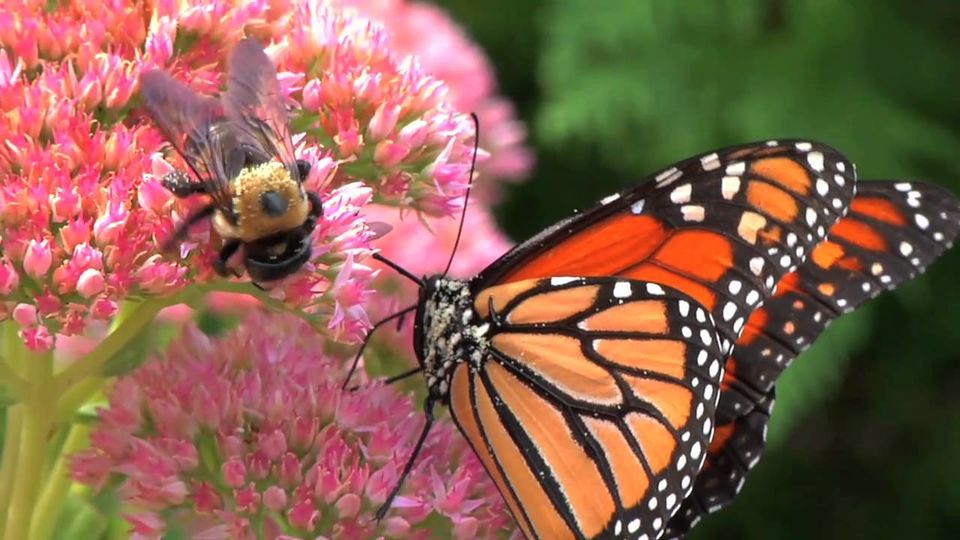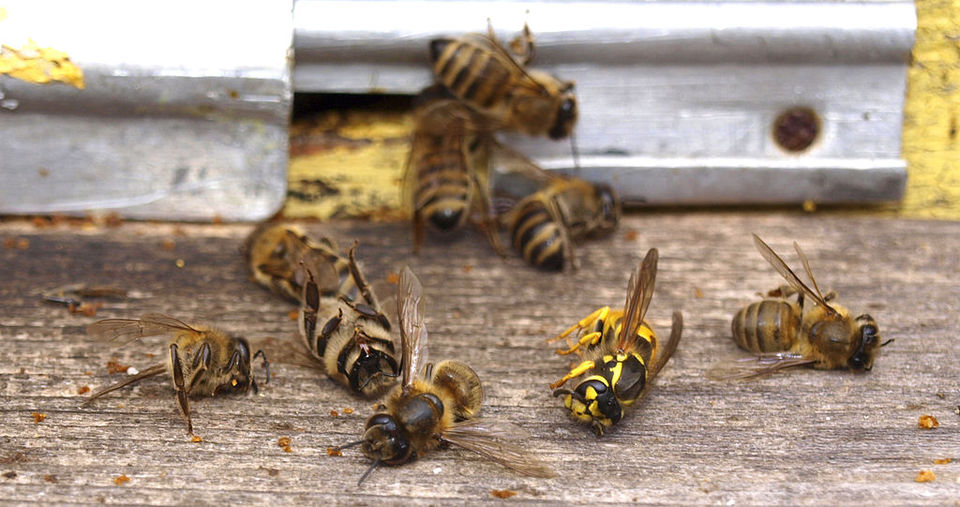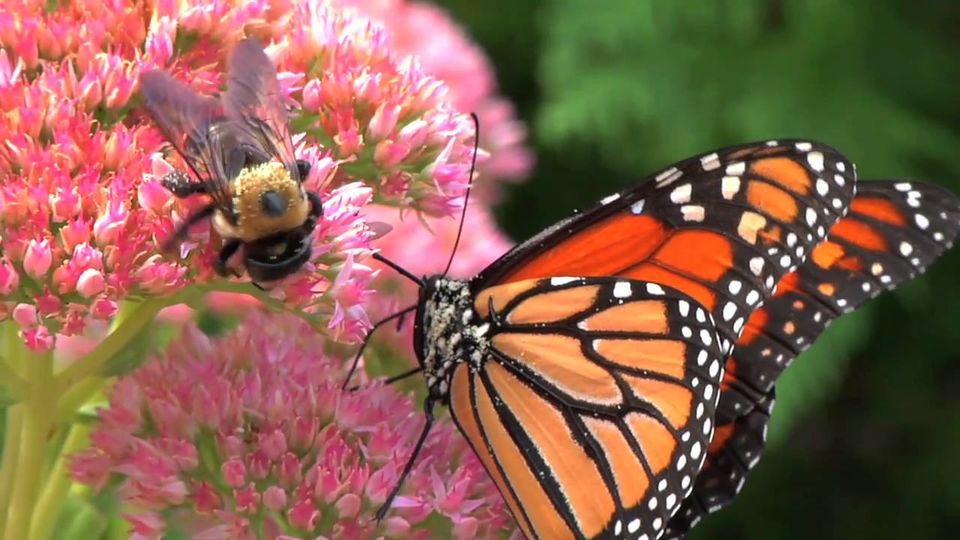
Why Are Honeybees Disappearing in World

1. Global warming
2. Chemical may be killing the bees
3. Eco-friendly Stressors
4. Radiation
5. Wild bees and agricultural
6. Honey Bees Habitat Also Vanishing
Poor Nutrition and Lack of Honey Bee Habitat Just like every single living thing, bumble bees require a lot of room to live and develop and also nutritious sustenance to eat. Researchers have discovered that the measure of characteristic “knoll” arrive loaded with wildflowers and indigenous plants for honey bees to fertilize is likewise vanishing, being supplanted by furrowed land with for the most part soybeans and corn. Much the same as people, it is not extremely nutritious for a bumble bee to eat soybean and corn constantly. Help us: +1-970-520-6571 / 970-854-3390.
Scientists discover what’s killing the bees
When researchers collected pollen from hives on the east coast pollinating cranberry, watermelon and other crops and fed it to healthy bees, those bees showed a significant decline in their ability to resist infection by a parasite called Nosema ceranae. The parasite has been implicated in Colony Collapse Disorder though scientists took pains to point out that their findings do not directly link the pesticides to CCD. The pollen was contaminated on average with nine different pesticides and fungicides though scientists discovered 21 agricultural chemicals in one sample. Scientists identified eight ag chemicals associated with increased risk of infection by the parasite.
Pesticides, Fungicides, and Insecticides - hplcco
Pesticides, fungicides, and insecticides pose another tricky challenge for bees and their keepers, who can’t control what chemicals farmers put on their crops that bees go near. Additionally, the effects of chemicals on bees are more subtle and take longer to show up.
Why Are Bees Important? Reasons to Care About Saving the Bees

Bees are among the maximum critical creatures to humans on this planet. these terrific insects pollinate over eighty% of all flowering plant life which includes 70 of the pinnacle one hundred human meals vegetation. One in three bites of food that we devour is derived from flowers pollinated by means of bees.
but the position bees play in nature is possibly part of a extra tale. Bees have been producing honey from flowering flora for the remaining 10 to 20 million years, and were referred to in historic writings, such as the Vedic texts and Sumerian and Babylonian cuneiform.
As essential individuals to floral growth, bees offer nourishing habitats for animals like birds and insects and beautify the Earth. among the floral landscapes that we recognize and love in nature are made feasible because of honey bee pollination.
BEES PLAY A MAJOR ROLE IN NATURE - hplcco
Bees pollinate 80% of flowering plants on Earth.
One single bee colony can pollinate 300 million flowers each day.
Bee pollination helps to provide nourishing habits for animals like birds and other insects. tweet this (Source: hplccoorg)
Bees are major contributors the floral landscapes that we know and love in nature.
Why do honeybees die after they sting you?
A bumble bee will sting when it sees a danger to its hive, yet when it's far from the hive scrounging, it will seldom sting unless somebody ventures on it or handles it generally. What's more, when it stings, it kicks the bucket. A bumble bee's stinger is made of two pointed lancets. At the point when the honey bee stings, it can't haul the stinger retreat. It deserts the stinger as well as a component of its stomach related tract, in addition to muscles and nerves. This gigantic stomach break is the thing that executes the honey bee.
Save Bees & Butterfly in USA - hplcco
HPLCCO is a non-profit organization for research and education with the aim to increase convened,conservation and protection of bees and pollination systems to improve the quality of life for future generations. We are working for Pollinators Habitat, Butterflies, and Save Bees Habitat - hplcco NGO













